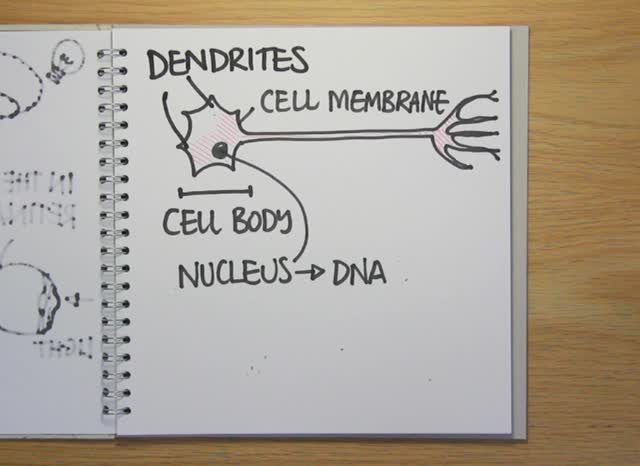Low cost calcium-blocking drugs already licensed to treat high blood pressure in humans could help to halt Parkinson's Disease progression, new research has revealed.
Writing in Nature, Northwestern University Chicago-based scientist  James Surmeier and his colleagues made genetically modified mice that produced a glowing green protein in the class of brain nerve cells that are lost in patients with Parkinson's. But, in a clever twist, the team chemically sensitised the marker so that it glowed only when it was oxidised, indicating when a cell was being biochemically stressed.
James Surmeier and his colleagues made genetically modified mice that produced a glowing green protein in the class of brain nerve cells that are lost in patients with Parkinson's. But, in a clever twist, the team chemically sensitised the marker so that it glowed only when it was oxidised, indicating when a cell was being biochemically stressed.
Studying cells from the brains of these animals showed that the dopamine-secreting nerve cells affected by Parkinson's were displaying signs of constant oxidative stress; this, the rsearchers found, was caused by pulses of calcium entering the cells whenever they fired a nerve impulse.
Predictably, administering drugs capable of blocking the channels that admit calcium into cells abolished this effect. Next, the group crossed their animals with another transgenic mouse line from which a gene called DJ1, which has been linked to Parkinson's Disease in humans, had been deleted.
Using the resulting Parkinson's-prone marker mice, the team were then able to show that the DJ1 gene normally protects dopamine-secreting cells by, in response to calcium, activating a class of "uncoupling" proteins, UCP4 and UCP5, that transiently reduce the a cell's metabolic activity (more specifically this is done by partially depolarising the mitochondria). In the absence of this gene the cells continue to operate at full power and so accumulate damage to their mitochondria, the metabolic powerhouses that produce energy to drive the cell.
The good news is that the administration of calcium-blocking agents, such as the already-licensed dihydropiridine agent isradipine, to these animals also reduced the signs of neuronal stress.
This suggests that treatment with calcium-blocking drugs, which have a long track record of safe use in humans, could significantly alter the rate at which both familial and idiopathic Parkinson's Disease progresses.










Comments
Add a comment